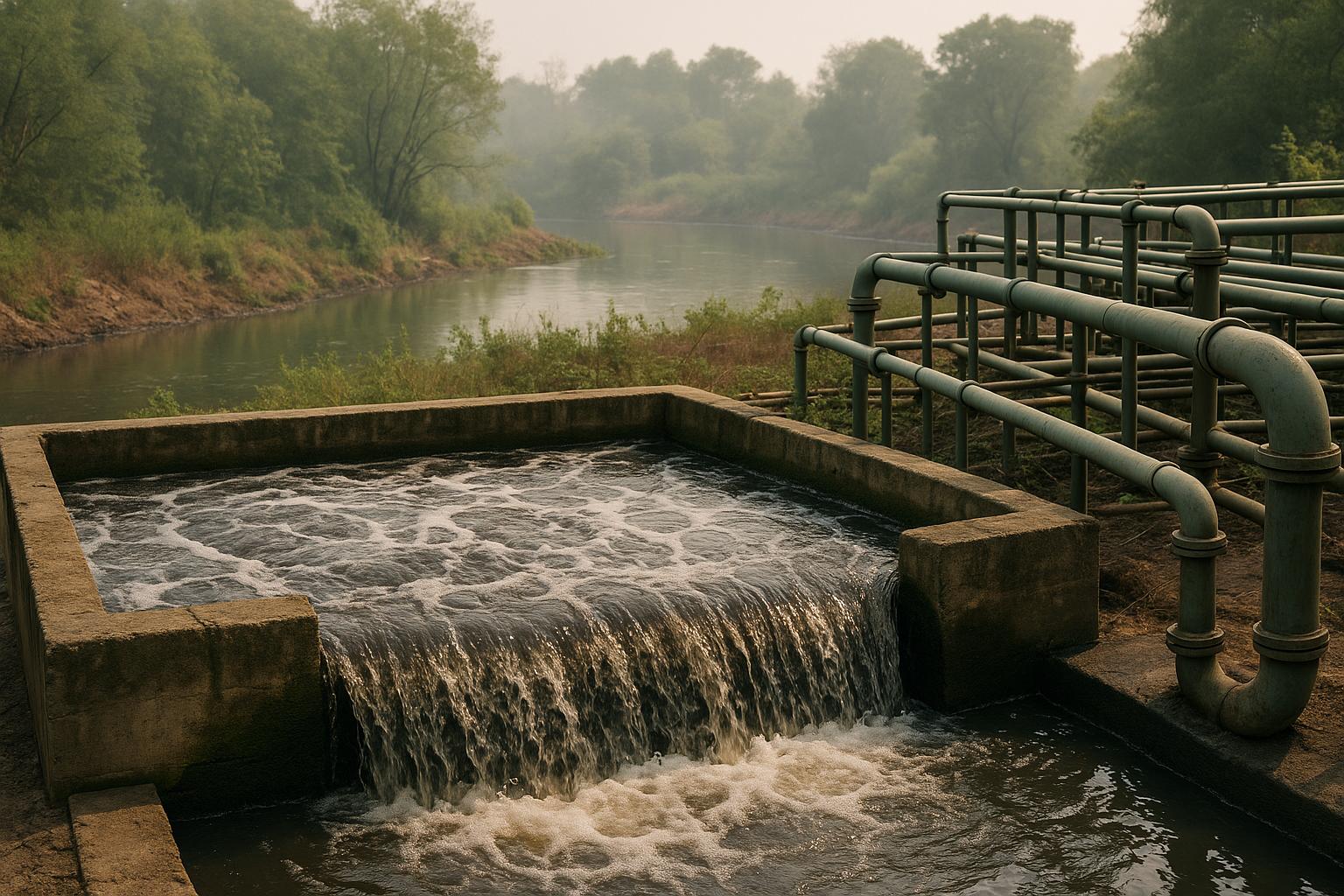FAQ’s – Sewage Treatment Plant, Effluent Treatment Plant, Commercial RO Plant

Frequently Asked Questions
What is an STP and why is it required?
STP stands for Sewage Treatment Plant. It treats domestic/municipal wastewater to meet government norms before discharge or reuse. It is mandatory for societies, hotels, hospitals, and institutions above a certain size as per PCB/NGT rules.
What is an ETP?
ETP means Effluent Treatment Plant, designed to treat industrial wastewater, removing chemicals, oil, heavy metals, and organics as per discharge standards.
What is the difference between STP and ETP?
STP is for domestic sewage (human waste, kitchens), ETP is for industrial wastewater. Both are needed as per building/industry type and size.
What is a Commercial RO Plant?
Commercial RO (Reverse Osmosis) plants treat water for drinking, process, or product use, removing salts, TDS, bacteria, and chemicals. Used by hotels, hospitals, schools, factories, and water suppliers.
What is the cost of STP/ETP/RO plant?
Cost depends on capacity, technology, automation, and site. Contact A2Z Enviro Services for a free survey and custom quotation.
Is AMC (Annual Maintenance Contract) necessary?
AMC ensures trouble-free operation, regulatory compliance, and longer plant life. We provide fast AMC and genuine spares for all brands.
Do you upgrade/retrofit old STP/ETP plants?
Yes, we upgrade plants to modern SBR, MBBR, or MBR, add automation/online monitoring, and handle NGT/PCB compliance upgrades.
Do you handle pollution control board permissions?
We support clients in all paperwork, approvals, consent to establish (CTE), and consent to operate (CTO) for all Indian states.
How quickly can you supply and install a plant?
Standard plants can be delivered in 2-4 weeks. Custom or large projects as per scope.
Do you serve all over India?
Yes! We serve every Indian state and major city – Delhi-NCR, UP, Bihar, MP, Maharashtra, Bengal, and more.